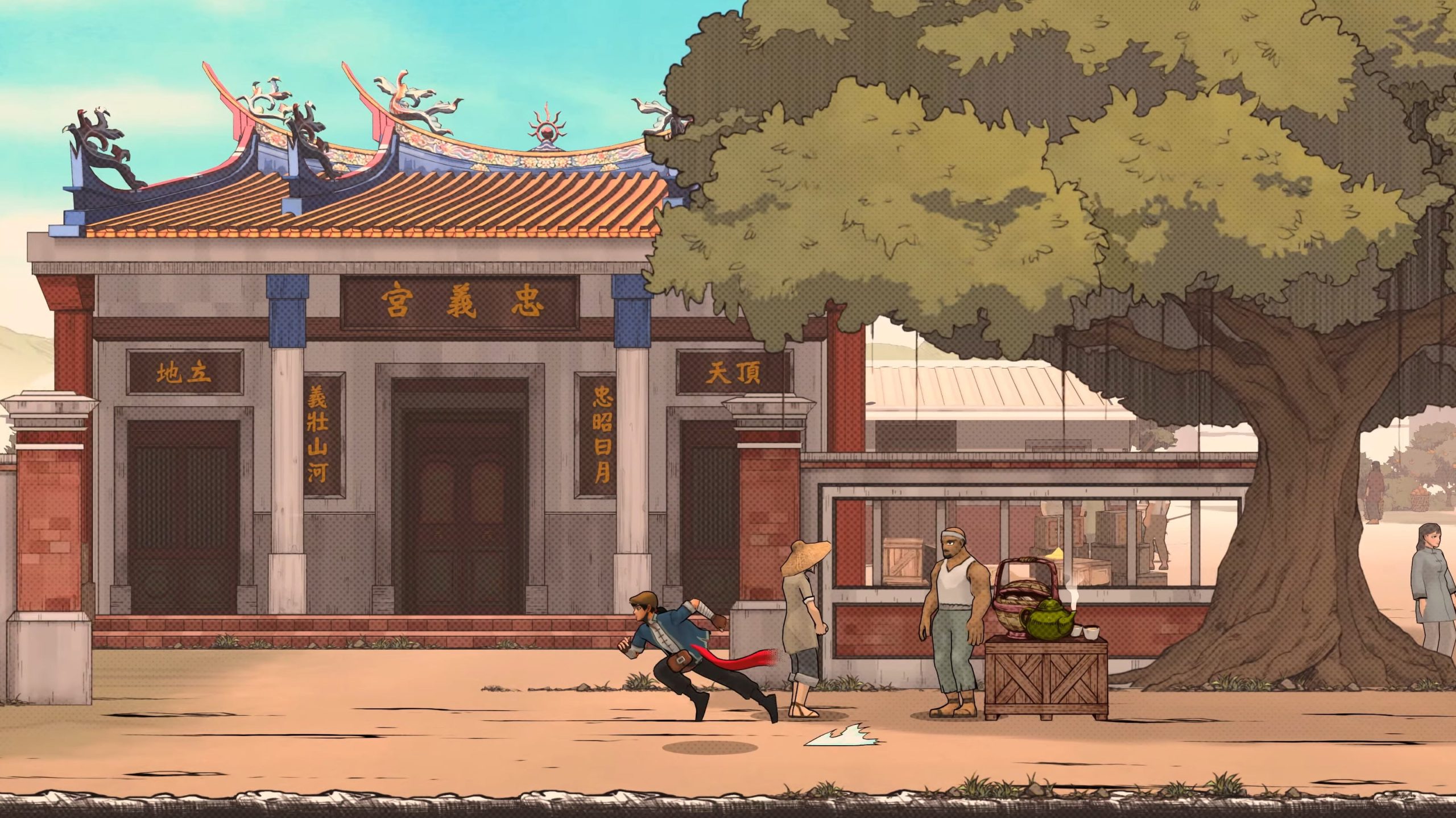Taiwanese indie gaming has come a long way in a short time. It’s only five years since Red Candle released Detention, a surreal and harrowing expedition into the ‘white terror’ of political purges and martial law that dominates the island’s 20th century history, and – I’m pretty sure – the first game of Taiwanese origin I’d ever played. Since then, I’ve discovered that more and more of the indie games I’ve been enjoying have been made in Taiwan. Detention now feels like a spark that led to a quiet explosion.
The growth has been equally evident to those in the midst of it. “When I first attended the indie game section at Taipei Game Show five years ago,” Scott Chen, co-founder of Taiwanese developer SIGONO, tells me. “There were only around 15 Taiwanese booths, and this was the biggest game convention in Taiwan! Now there would be over 50 local teams showcasing their work among the 100 or so booths, and the overall quality has gone up significantly.”
Red Candle has undoubtedly been the flagbearer for this new wave, with Detention and celebrated follow up Devotion both placing Taiwanese culture at the heart of their experiences. But at the same time, SIGONO has been making progress with its sci-fi narrative adventure series, OPUS, releasing third entry, Echo of Starsong, in 2021. And in the last few years, a range of other studios have produced impressive titles such as Carto, Vigil: The Longest Night, Behind the Frame, MO: Astray, and The Legend of Tianding that exemplify the development community’s drive for distinctive experiences.
The shift has also been noted by Vlad Tsypljak, co-founder of indie publisher Neon Doctrine, which shifted its base of operations from China to Taiwan three years ago, and published both Vigil and The Legend of Tianding. “When we first came here, the only famous games really were Detention and Devotion,” he says. “[Development] was still heavily mobile focused, especially on idle clicker MMOs, or Gacha games.” He also explains that a lot of local talent and educational resources are funnelled towards asset creation for big foreign publishers, with the Uncharted games, Resident Evil remakes and Destiny 2 among those partially constructed in Taiwan. “But we’re definitely seeing more growth in local studios pushing into the PC market,” he adds, “making games about the local culture or something different, instead of rehashing western style games.”
One reason the indie boom is relatively recent, Tsypljak believes, is that studios were previously struggling to monetise their output. “Taiwanese investors are often not very familiar with the industry and how things work,” he says, “so developers still end up in a tough situation moneywise even when their game does well, because of the deals they structured with the investors.” Another issue is work culture, which is “very focused on overworking,” Tsypljak says. “We’ve seen studios push themselves too hard and when it’s almost time to release the game everybody hates each other and they’re burned out.”
